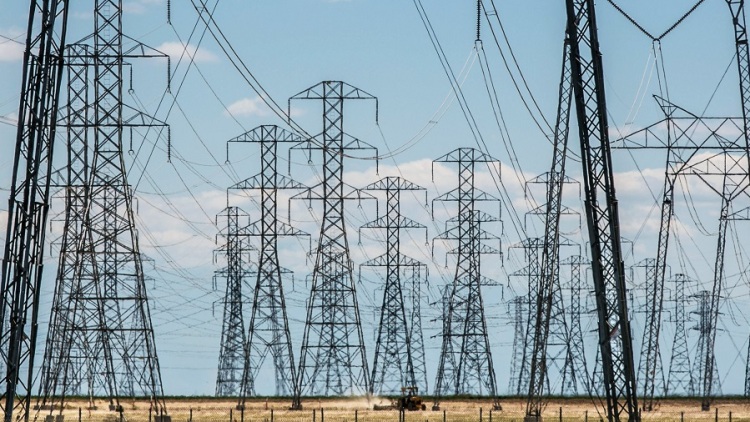
A look at laws governing the power sector in Nigeria
The Nigerian electricity law consists of the body of law, which regulates the generation, transmission, distribution and trading of electricity in Nigeria.

The Nigerian electricity law consists of the body of law, which regulates the generation, transmission, distribution and trading of electricity in Nigeria.

Hydrogen has the potential to decarbonize a wide range of heavy industries including energy, chemicals, steel and cement, which means demand is going to be huge. In its Net-Zero Emissions scenario the IEA expects demand to increase fivefold from 2020 to 2050.

Absolutely. Ultimately, helping Nigerians thrive is exactly what NNPC Ltd. can and should be accomplishing.
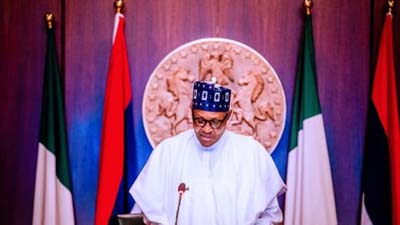
By now, Nigeria should be building a second national power grid as well as regional grids, mini and micro-grids to distribute as much electricity as possible. Moreover, policies should drive private investment in alternative power sources, especially renewables – solar, wind, hydro, tidal, geothermal and biomass.
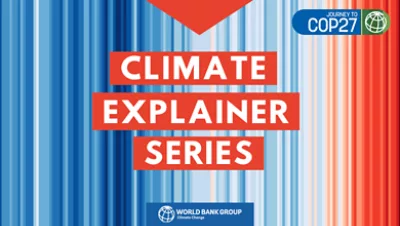
About 95 percent of international public climate finance is provided upfront before a project is operational. Results-based climate finance, on the other hand, is paid when results are achieved, and occasionally upon meeting interim milestones.

“Yet even as the climate crisis accelerates, Africa needs to close its huge energy access gap and achieve its development goals.”

Despite a 6-fold increase in the data being processed since 2010, data centre energy consumption has only risen by 6% to 2018 (Masanet et al, 2020). How has that been possible, and how does it inform sustainability developments into the future?
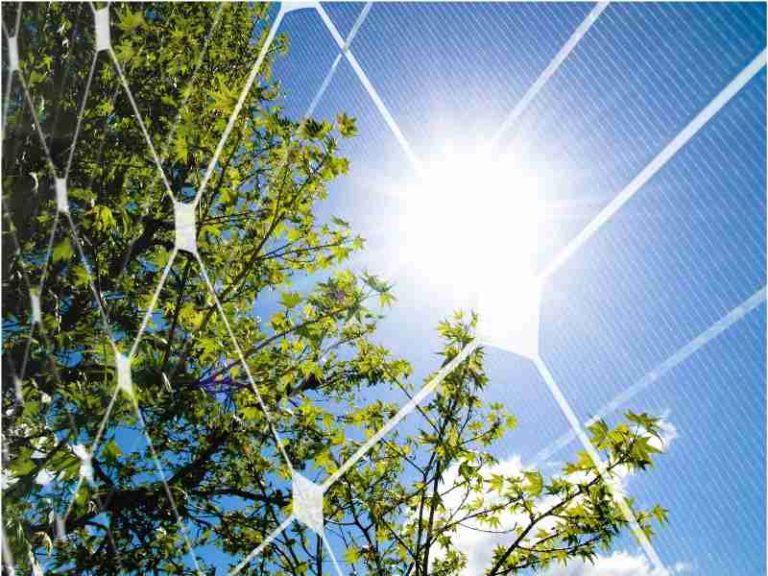
We keep hearing about climate change this, climate change that, but what is climate change really, and more importantly what are its effects on everyday life? Climate change refers to long-term shifts in temperature and weather patterns. This shift may be natural but over the last one hundred years human activities have been driving this change rapidly.

Even the regulator, the Nigerian Midstream Downstream Petroleum Regulatory Agency (NMDPRA), headed by Farouk Ahmed, feigned ignorance of such increase, insisting that prices were still the same.
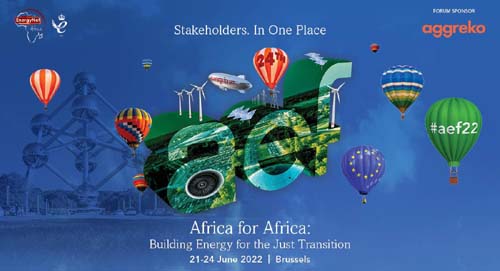
Interestingly, 25 years down the line, AEF has grown to become the most preferred energy meeting by international investors. The event has a loyal following of credible players working in the power space and a track record of delivering a valuable networking experience.